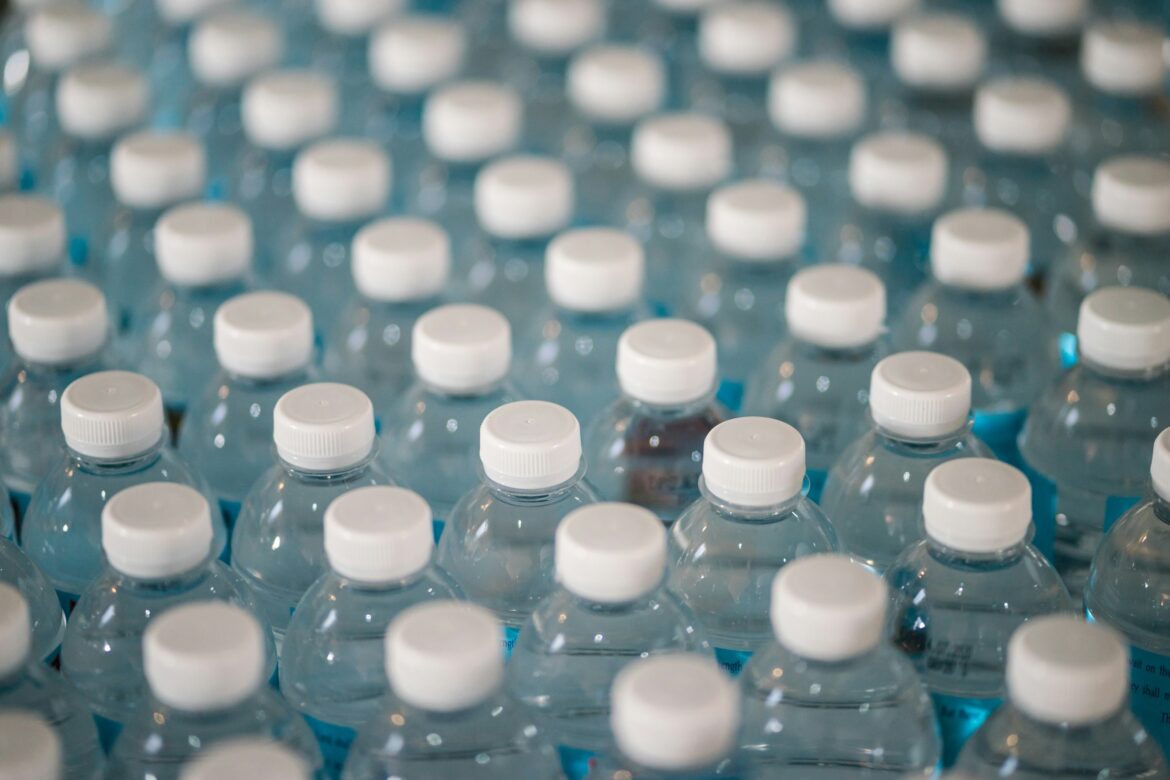Officials have confirmed that the US will support a global treaty to cap plastic production. This is a dramatic policy shift for the country, which is one of the world’s biggest plastic producers.
First reported by Reuters, this new position comes after the US had previously rejected such production limits, instead endorsing individual country decisions and a focus on downstream measures, such as recycling.
Now, the news agency reports that the country also supports creating a list of chemicals used to inform obligations and a list of plastics which should be phased out.
Negotiations for a global plastics treaty have been contentious, beginning back in March 2022 and set to be finalised next year.
This new plastics position sets it apart from other large fossil-fuel-producing nations, such as China and Saudi Arabia, with whom it previously aligned and who blocked discussions on production caps in the latest talks in Ottawa.
The US is now more aligned with “high ambition countries” such as South Korea, Canada, the UK and others.
The High Ambition Coalition to End Plastic Pollution (HAC) comprises 66 members and seeks to eliminate “problematic plastics,” develop a global sustainability criteria and standards for plastics, create transparency in the value chain, and establish mechanisms for strengthening commitments, targets and controls over time.
The US is not yet a member of HAC.
The Plastics Industry Association (PLASTICS) called the White House decision “misguided,” arguing that the move is “impractical” and “harmful” to US manufacturers.”
However, climate experts and environmental groups have welcomed the shift.
Greenpeace said the move puts the US “on the right side of history.”
“This shift in US policy is crucial for creating the unified approach needed to tackle the plastics crisis. By supporting global criteria for phasing out harmful chemicals and avoidable plastic products, the US is helping to ensure that the treaty will have the teeth needed to protect families and ecosystems alike,” said John Hocevar, Greenpeace USA Ocean’s Campaign Director.
According to HAC, global plastic production doubled from 2000 to 2019, reaching 460 million tonnes, and is on course to double again in the next 20 years. A staggering 91 per cent of plastic is not recycled.
There is just one more meeting before a UN global plastics treaty in 2025, scheduled to take place in Busan, South Korea, this November.



